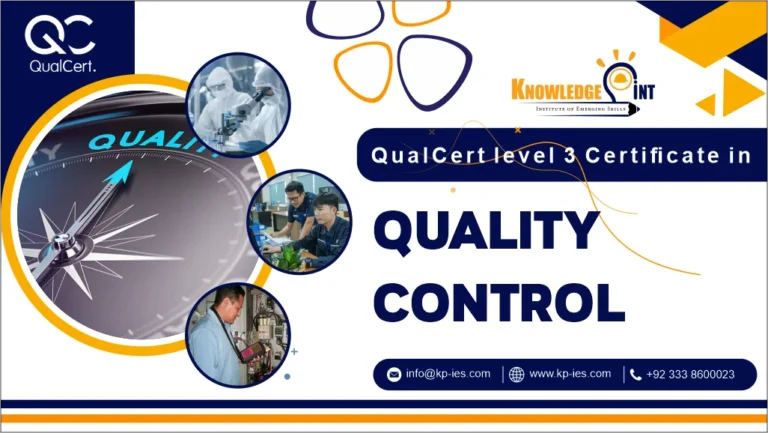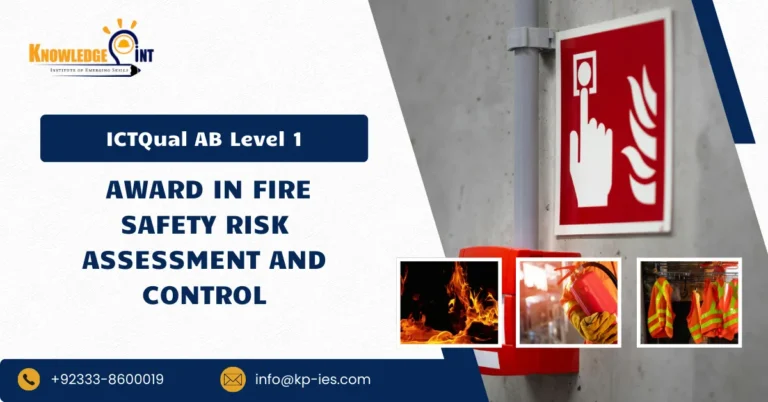LicQual Level 4 Diploma
Environmental Management
Awarding Body
LICQual
Credits
60 Credits
Course
Environmental Management
study mode
Online Learning
Course overview
The LicQual Level 4 Diploma in Environmental Management is designed for individuals looking to build practical knowledge and skills in managing environmental risks and promoting sustainable practices. The programme introduces learners to key environmental legislation, compliance requirements, and industry best practices. It covers essential areas such as environmental assessment, resource efficiency, and strategies to minimise ecological impact, providing a strong foundation in effective environmental management.
During the course, participants gain practical experience in conducting environmental audits, identifying potential risks, and applying basic mitigation strategies. Core topics include environmental impact assessment, waste and resource management, pollution control, sustainability planning, and environmental reporting. Through hands-on exercises and real-world case studies, learners can apply theoretical concepts to practical scenarios, enhancing their problem-solving and decision-making abilities in operational contexts.
This diploma is ideal for entry- to mid-level environmental officers, sustainability coordinators, and professionals responsible for supporting environmental initiatives. Graduates will be equipped to assist in compliance monitoring, contribute to environmental audits, and support sustainability practices within organisations. The Level 4 Diploma also serves as a stepping stone to higher-level qualifications, offering clear pathways for career growth in environmental management and sustainability roles.

Approved Training centre of LICQual Uk
Centre # : ATC24002

Entry Requirments
Entry Requirements for the LicQual Level 4 Diploma in Environmental Management:
- Educational Qualifications:Minimum of a Level 3 qualification in a related subject or an equivalent qualification.
- Professional Experience:Relevant work experience in environmental management, sustainability, or related fields is desirable but not mandatory.
- English Language Proficiency:Since the program is delivered in English, learners must show competence in reading, writing, and communication.
Course structure
The LicQual Level 4 Diploma in Environmental Management in Personal Protective Equipment qualification consists of 7 mandatory units.






